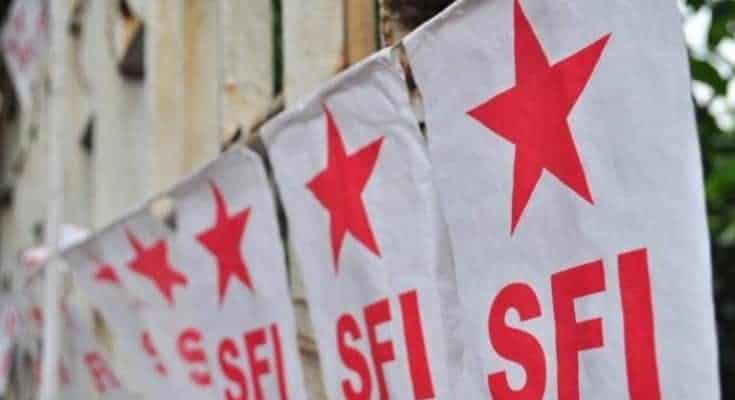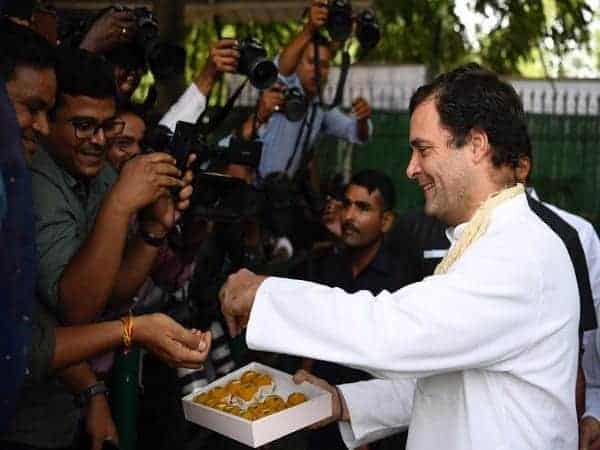The Students’ Federation of India (SFI) released a statement about the need for financial support for students facing problems during the COVID-19 pandemic and released a set of demands regarding the same.
In a statement dated for 17th April 2020, SFI released a press comment regarding the triangular problems being faced by students during the Coronavirus lockdown and urged the government to provide financial support for the same.
The SFI condemned the BJP-led government’s abrupt announcement of the lockdown without any prior notification for the students to prepare for the situation. They commented that though necessary, the statement for a lockdown came upon every citizen “like a bomb”, and though the lockdown is set for 3rd May, it is likely to extend further.
“The wage labourers and unorganised sector workers who live from hand to mouth are the ones who are facing the worst repercussions of the lockdown. But the brunt of the lockdown is felt by all sections of the population, and by all industries. While a huge portion of the Indian population is facing dire livelihood issues, with the unemployment rate touching a 1/4th of the population, it is futile to expect families to support their children in schools, colleges and universities. many families can’t afford it. If this is left unchecked, it could lead to a great increase in drop-out rates.
Many students are stranded in universities and college in various cities across the country in hostels. They are stranded not only because we were all told to remain where we were and not travel, but also because the lockdown announcement gave no time for students (or anyone) to make preparatory decisions. The government had demanded the students to remain as they are, thereby we demand the government to provide financial assistance to these students. Moreover, students are from disparate economic backgrounds and given the present economic condition, to expect their families to financially support these students is irresponsible”, as stated by SFI’s Delhi State Committee.
SFI has, as a result, released a set of demands for the government to help the students being affected by this pandemic. These include:
- Provision of a minimum amount of sum to students’ bank accounts
- Disbursing Fellowships/Scholarships and Grants for Bachelors to PhD
- Waiving college fee of two months
- No hostel fee to be charged during the lockdown
- Government to pay the rent for students staying on rent
- Necessary steps to be taken to ensure that students’ basic needs are met.
Feature Image Credits: The Sentinel
Shreya Juyal



